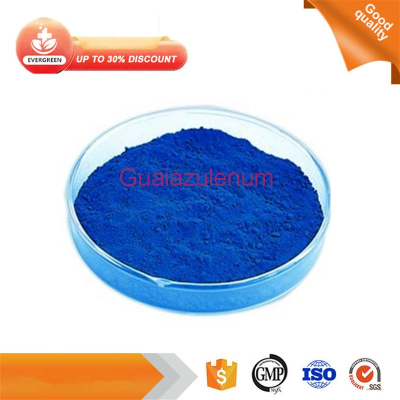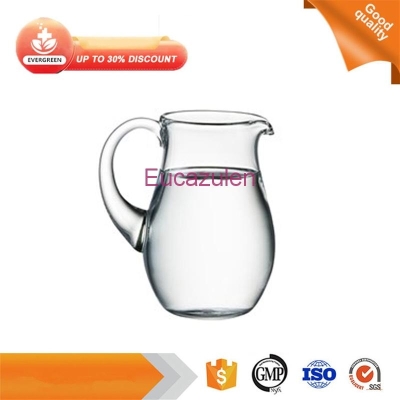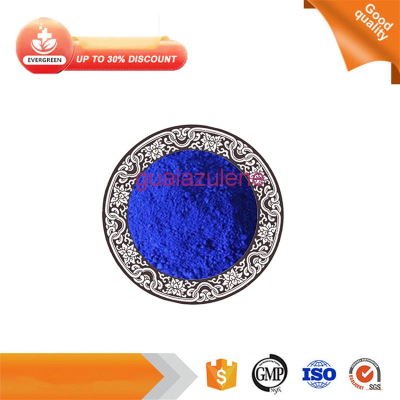-
Categories
-
Pharmaceutical Intermediates
-
Active Pharmaceutical Ingredients
-
Food Additives
- Industrial Coatings
- Agrochemicals
- Dyes and Pigments
- Surfactant
- Flavors and Fragrances
- Chemical Reagents
- Catalyst and Auxiliary
- Natural Products
- Inorganic Chemistry
-
Organic Chemistry
-
Biochemical Engineering
- Analytical Chemistry
- Cosmetic Ingredient
-
Pharmaceutical Intermediates
Promotion
ECHEMI Mall
Wholesale
Weekly Price
Exhibition
News
-
Trade Service
What diseases can 01VZV cause? VZV can cause two different clinical diseases: chickenpox and shingles.
primary VZV infection causes diffuse blisters, or chickenpox.
reactivation of latent VZV causes limited skin infections, known as shingles.
02 Why is VZV infection control so important in hospitals? 01 Chickenpox patients are highly contagious and shingles are relatively less contagious 02. Chickenpox is often a relatively benign disease in healthy people, but there are also relatively serious complications, such as pneumonia 03. People with immunodeficiency and newborns may experience serious complications, including death. Infection with VZV in pregnant women can cause congenital chickenpox syndrome or neonatal chickenpox.
are the clinical manifestations of chickenpox at 03? How do I identify a chickenpox patient? Acute onset, began to have fever, headache, general discomfort, etc. , about 1 day after the appearance of skin rash, papules, blisters, rashes, etc. , from the chest, back, face to the whole body distribution, rash appears in batches, the stage rash exists at the same time (four generations of the same room), is congenital distribution, the torso skin is the most.
chickenpox is most common in children, immunologic function of children, usually benign self-limiting.
but in immunodeficiency patients, chickenpox can be very serious.
are the complications of chickenpox in 04? Vaccination significantly reduces the clinical manifestations of the disease, but complications can still occur, including bacterial secondary infections such as skin/soft tissue infections, neurological complications (encephalitis and Reye syndrome), chickenpox pneumonia, chickenpox hepatitis, and others including diarrhea, pharyngitis and otitis middle.
the incubation period for chickenpox at 05? How long is the infection? The incubation period for chickenpox is 8-21 days, and most patients become ill on 14-16.
chickenpox patients 24-48 hours before the rash is contagious, chickenpox after the virus disappeared.
therefore the general infection period is 1-2 days before the rash to the skin damage (no new rash appears within 24 hours), about 4-7 days.
the normal host after the rash has an infectious time of about 5 days, and the immune function impaired host infectious may last longer.
06VZV spread? Humans are the only known hosts of VZV.
people infected with chickenpox and those who reactivate lead to shingles can cause VZV in-hospital transmission.
VZV is transmitted from person to person mainly through droplets and air, and is most efficient in close contact.
is transmitted to susceptible hosts by contact with atomized droplets of the nasopharyngeal secretions of an infected person or through direct skin contact with blisters at the skin.
07 chickenpox need treatment? Chickenpox in most healthy children subsides on its own.
most patients need supportive treatment.
need to initiate antiviral therapy depends on the patient's age, co-existing diseases and clinical manifestations.
children under 12 years of age are generally not given antiviral treatment.
Antiviral therapy can reduce symptoms and/or reduce the risk of complications in patients who are already at higher risk of complications, such as unvaccinated young people and adults, pregnant women and people with impaired immune function.
who have normal immune function without complications, can take vaxilove or axioway or oral.
patients with impaired immune function can have intravenous axioway.
acetaminophen can be given to deheastase when it is hot.
should avoid giving aspirin and cause Reye syndrome.
08 chickenpox preventable? Yes, chickenpox vaccine can prevent chickenpox.
vaccines are not 100% preventable, they can significantly reduce the risk of serious complications and death.
children should be vaccinated against chickenpox at 12-15 months of age and another at 4-6 years of age.
need to be given 2 doses of a separate vaccine to achieve optimal results.
09 assess a health care provider's immunity to VZV? Health care workers should be screened for VZV immunity before they start their careers, i.e. if they have not previously been vaccinated against chickenpox, shingles or the corresponding vaccination, they should be immunized without contraindications.
Indicates that the health care provider is immune when 1. Proof of two doses of chickenpox vaccine 2. Laboratory evidence of immunity 3. History of shingles or diagnostic certificate 4. History of chickenpox or proof of diagnosis.
10 immune-resistant health care workers gain resistance? All susceptible health care workers without a vaccination taboo should be vaccinated against chickenpox.
should be given the second dose 4-8 weeks after the first dose.
control measures can be taken after the chickenpox vaccine is exposed to VZV in-hospital infection? 1. Control of the single isolation of infected or suspected infected persons, close contact isolation for 3 weeks, 2. Cut off transmission routes including air and contact protection measures.
who require air-borne isolation protection should be placed in a single ward with good natural ventilation or negative pressure and at least 6-12 ventilations per hour.
the isolation ward should remain closed and all persons entering the ward must wear a respiratory protective mask (close to the skin around the mouth and nose) that filters 95 per cent of the capacity.
protection includes cleaning hands and wearing gloves when entering the ward, even if direct contact with the patient is not expected.
wear isolation clothing if direct contact with the patient or any infectious substance is possible.
3. Protect susceptible populations by arranging as much as possible for health care workers with Immunity to VZV to manage confirmed or suspected patients.
all medical staff should wear N95 masks indoors, including immune medical personnel.
VZV exposure is defined as being in a confined space (i.e. the same ward) or face-to-face with an infected person with vZV for susceptible health care workers who are not wearing a shield or N95 mask.
different views on the duration of the contact, from 5 minutes to up to 1 hour, but not short contact.
For health care workers who have been exposed and have been vaccinated against chickenpox in the past, the daily monitoring of fever, skin loss and systemic symptoms of chickenpox should be monitored daily from 8 to 21 days after exposure.
if exposed to VZV, medical personnel should be suspended from work on the 8-21st day after exposure.
include: health care workers who are susceptible to chickenpox, health care workers who have only been vaccinated against single doses of chickenpox, and health care workers who have been vaccinated against chickenpox more than 5 days after exposure.
the use of chickenpox vaccine for post-exposure prevention within 3 days of exposure, the effect of disease prevention is nearly 80%, but also very effective in reducing the severity of chickenpox.
For health care workers who are serum-negative, have impaired immune function or are pregnant and have not been vaccinated at the beginning of their careers because of medical taboos, consideration should be given to giving chickenpox-shingles immunoglobulin (VariZIG) after exposure.
, it should be given as soon as possible (preferably within 96 hours) within 10 days of exposure.
If VariZIG is not available, susceptible health care providers with impaired immune function or pregnancy may use oral axioway, pan-cylovy or valhilove;
there any taboos about vaccination nurse chickenpox vaccine? Taboos include 1. The chickenpox vaccine is a detoxifying live vaccine, so people with severe immunosuppression are banned. For women who are pregnant or planning to become pregnant soon, a live vaccine can infect the fetus.
And lactation is not a taboo of chickenpox vaccine 3. Do you need to test for antibodies after immunization against past chickenpox vaccines or chickenpox vaccine ingredients (e.g., neomycin, gelatin) 4. Untreated active TB doctor nurses need to be immunized? 92%-99% of adults produce antibodies after two doses of chickenpox vaccine, however, the level of antibodies produced by vaccination is lower than that produced by natural infections, and the current detection method is not sensitive enough to be evaluated.
it is not recommended to check antibody levels after vaccination.
References: 1. Advisory Committee on Immunization Practices, Centers for Disease Control and Prevention (CDC). Immunization of health-care personnel: recommendations of the Advisory Committee on Immunization Practices (ACIP). MMWR Recomm Rep 2011; 60:1.3. UpToDate: Chickenpox - The prevention and control of infection in the hospital of the shingles virus Source: Huashan Infection Copyright Notice: All text, images and audio and video materials on this website that indicate "Source: Mets Medicine" or "Source: MedSci Original" are owned by Metz Medicine and are not authorized to be reproduced by any media, website or individual, and are authorized to be reproduced with the words "Source: Meis Medicine".
all reprinted articles on this website are for the purpose of transmitting more information and clearly indicate the source and author, and media or individuals who do not wish to be reproduced may contact us and we will delete them immediately.
at the same time reproduced content does not represent the position of this site.
leave a message here.







